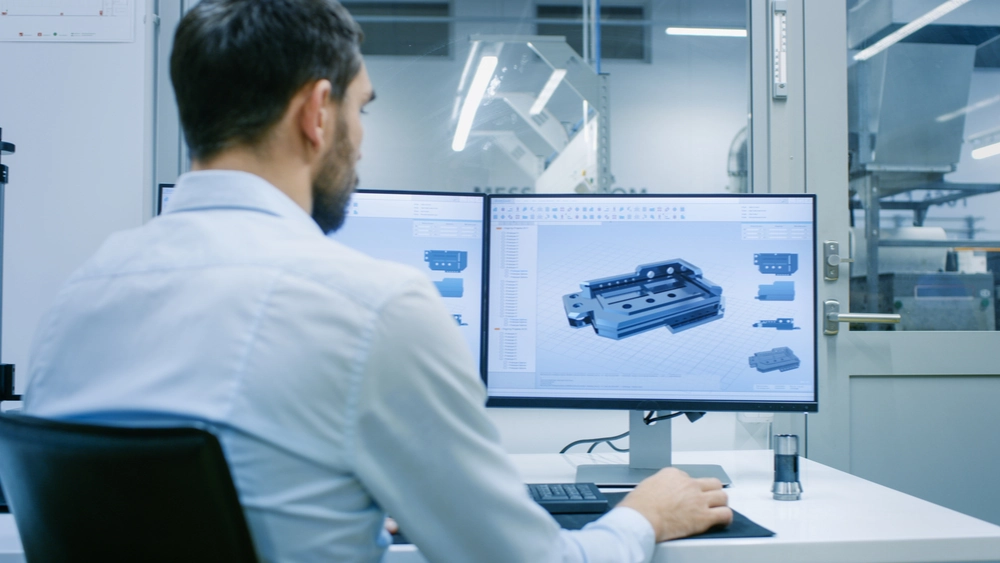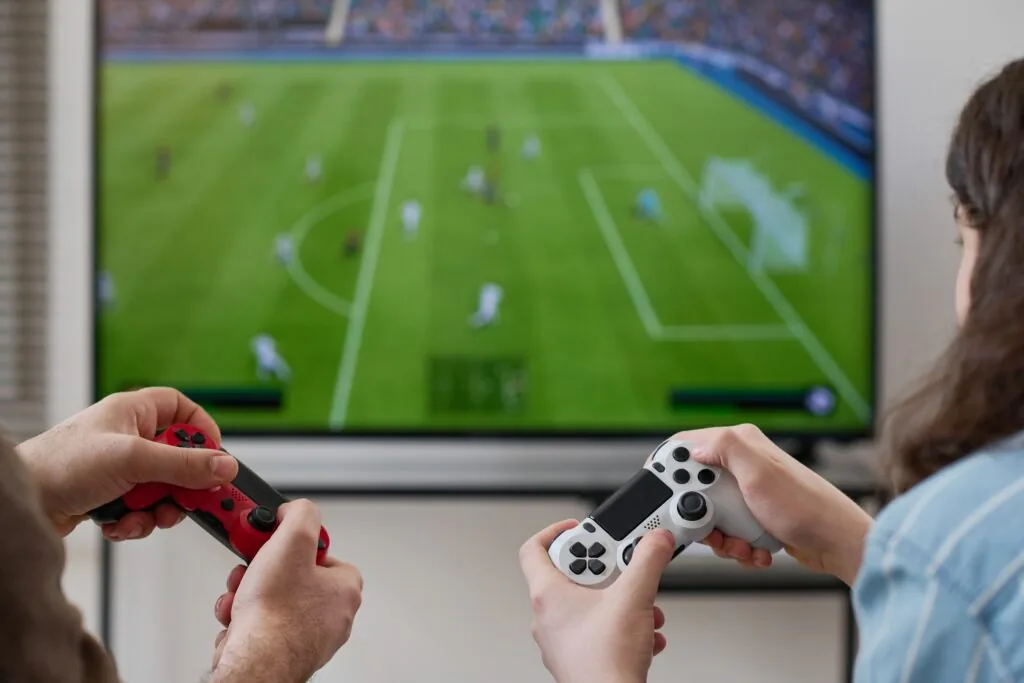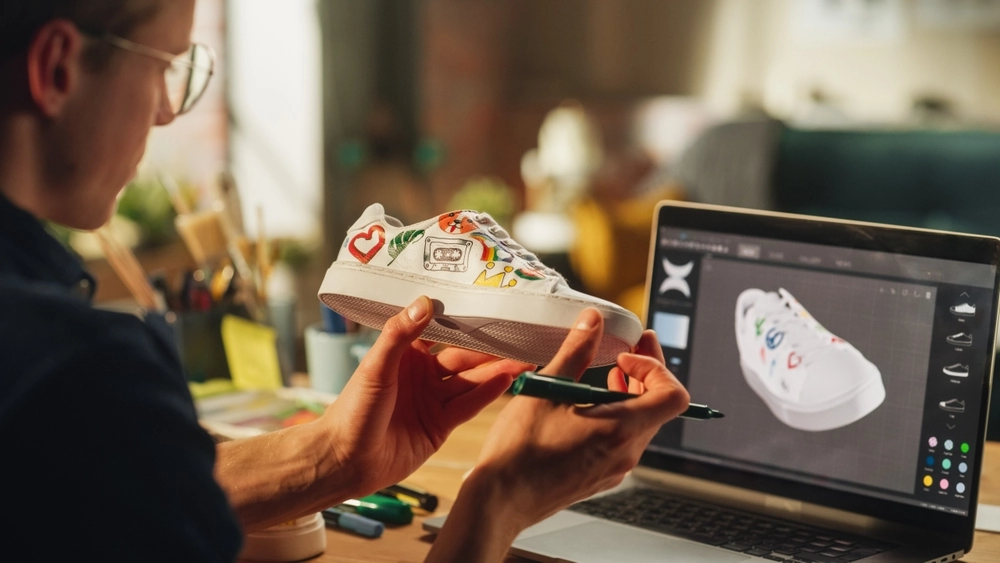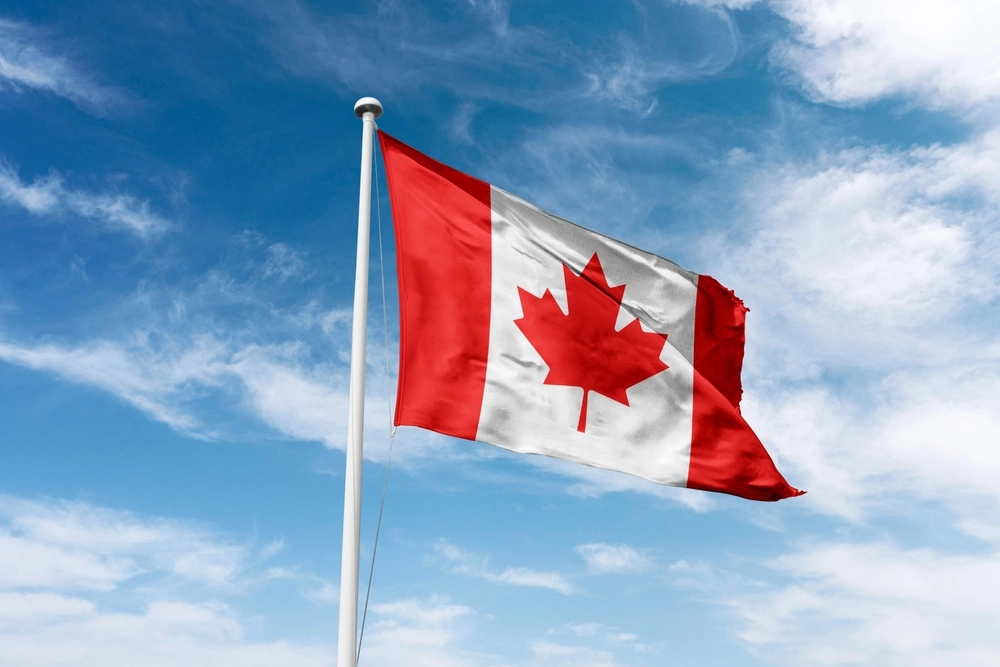
This article looks at a recent case involving a dispute over the ownership of a patent (Permavent Ltd v Makin), whereby the Claimant sought an interim injunction to restrain the Defendant from disposing of, or licensing various patents and patent applications filed by the Defendant, pending the resolution of a patent entitlement dispute.
The case illustrates that when intellectual property is created and registered, it is better to have a clear understanding and agreement at that point on who should own the intellectual property rights. Too often in our experience, the issue is not resolved clearly and a dispute arises at a later date.
In this case, the Claimant is a company specialising in roofing products. The Defendant is the founding director of the Claimant. The ongoing dispute surrounds the ownership of a number of patents and patent applications which had been filed in the name of the Defendant.
There were several documents in contention which appeared to reveal conflicting messages regarding the correct ownership of the patents/patent applications (hereafter "the Patents"). The first document was an exclusive patent licence agreement between the Claimant and the Defendant executed in 2014 (albeit allegedly backdated to 2009) which appeared to acknowledge (implicitly) that the Defendant and not the Claimant was the owner of the Patents. Despite the licence providing for royalties to be paid to the Defendant, no payments were ever made. There was a suggestion that the licence was entered into for tax reasons.
The second document was an email dated 23 November 2012 drafted by the Defendant, which said the following:
"The patent applications that I filed were done whilst I was a Director of Permavent and it was my understanding that because of this and because Permavent has paid for these applications then they automatically belong to Permavent. As you explained it is not the case and I would like to correct that error in filing. Ownership of these patents should be placed into the name of Permavent Limited should they be granted. I would like to make clear that at this time no patents have been granted or licensed to Permavent or myself so these applications are prospective and cannot be considered as having any net worth and therefore cannot be considered to be an asset."
The Claimant argued that if the interim injunction was not granted, it would suffer harm including: lost profits (40% of the Claimant's gross profits in 2015/2016 were reliant upon the Patents) which would be very difficult for the Claimant to recover; the Defendant lacked sufficient resources to fully indemnify the Claimant against any losses caused by the above if it was later determined that the injunction should be made final and they were successful at trial; the Patents may be asserted by a third party transferee against the Claimant; and the Claimant may not be able to unpick licences/disposals if the Defendant was not prohibited from transferring or disposing of interests in the Patents.
In contrast, the Defendant argued that he would suffer harm if the injunction was granted because the Patents would be essentially 'sterilised' between the application hearing and trial, meaning that the Defendant would lose the opportunity to sell or license the Patents during this period.
The Court considered the arguments and held:
- For an interim injunction to be successful, the Claimant needed to show that there was a serious issue to be tried, that damages was not an adequate remedy, and, on the balance of convenience, the Claimant would suffer more irreparable harm if the injuction was not granted than the Defendant would if the injuction was granted.
- The Court decided that there was a serious issue to be tried, as the Claimant's case was assisted by the fact that the Defendant had acknowledged in his email that the Patents rightly belonged to the Claimant, and the Claimant had paid the prosecution fee. On the other hand, in favour of the Defendant's claim to ownership of the Patents, was the exclusive licence agreement, the various correspondences which had been provided to HMRC verifying ownership of the Patents to the Defendant and the fact that (at least) one of the Patents had been granted before the company was incorporated.
- After the Court weighed up the respective 'harms' that may be caused to both parties in the event that the injunction was or was not granted, it determined that the balance of harm was weighted firmly in favour of the Claimant as it would incur irreparable or unquantifiable harm if the injuction was not granted which exceeded that of the Defendant if the order was made. It therefore granted the interim injunction and the case will proceed to full trial.
- As a result, as well as providing for the usual cross undertaking in damages, the Court exercised its discretion to remedy the imbalance for the Defendant by ordering the Claimant to pay the Defendant running royalties at the rate of £2,500 per quarter whilst the injunction was in force. This sum would be repayable to the Claimant in the event that he was unsuccessful at defending the entitlement claim.
This case illustrates the importance of ensuring that the issue of ownership of an intellectual property right is resolved at an early stage by entering into an appropriate agreement with the party creating the intellectual property, in this case, the inventor. This could have been done in this case by specifying it clearly in an employment or consultancy agreement.
To learn more please contact me on +44 (0)1392 685210 or e-mail [email protected].












